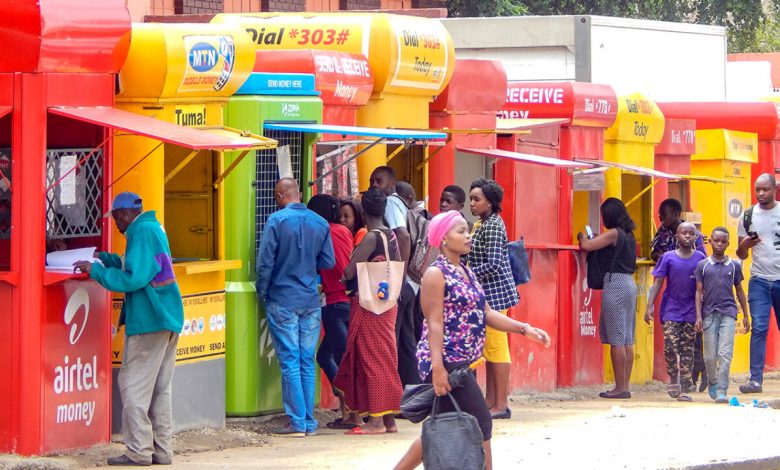There are no products in your shopping cart.
| 0 Items | £0.00 |


WORLD Bank officials have estimated that Nigeria could earn as much as N462bn ($1.12bn) from electronic money transfer (EMT) taxes this year following the introduction of the levy last year and its growing popularity.
Last year, the Nigerian National Assembly passed the Finance Act 2020, which amended the Stamp Duty Act and taps into the growth in electronic funds transfer. Enabling such transfers to be administered at low cost, the EMT levy is a singular and one-off charge of N50 on electronic receipts deposited in any bank or financial institution on any type of account on sums of N10,000 or more.
Revenue derived from the EMT levy is shared based on derivation and distributed at 15% to the federal government and Federal Capital Territory and 85% to state governments. Professor Akpan Ekpo, the chairman of the Foundation for Economic Research and Training, said, however, that the levy on users of formal financial services was worrisome.
Professor Ekpo added: “The levy is remitted to the government, which is fine but I think the savers, the people who use the transfer channels, are over-levied. You pay maintenance fee, transfer fee and I think if this level of levying continues, it will discourage people from using electronic channels.
“Personally, I think the EMT levy should be out of the Finance Act as there is too much burden on the citizens, although the government is making great money from it. Let us hope they use the money wisely but it shouldn’t have been put there in the first place.
“It is a law now, so there is nothing that can be done about it but I hope it is used wisely and they would be transparent about how the money is being used. With the EMT levy, more people are discouraged from using the banks and its services and a lot of Nigerians sell in rural areas and are outside the financial system net.
“With the EMT, more people are further excluded. There really was no need to introduce the EMT as it will discourage those who are not already in the formal banking sector from even coming into it and it is likely to further deepen the financial exclusion of many Nigerians.”
Dr Samuel Nzekwe, a former president of the Association of National Accountants of Nigeria, thinks the World Bank’s projection might be surpassed. He added that with the increasing rate at which digital innovations were reshaping the economy, this was very likely.
“The projection of the World Bank on EMT earnings might even be surpassed as the EMT is built on the digital economy and everyone is bracing up for it. A lot of people are embracing digital payment methods, although, cybercrime remains a major problem for the full adoption of digital economies,” Dr Nzekwe added.